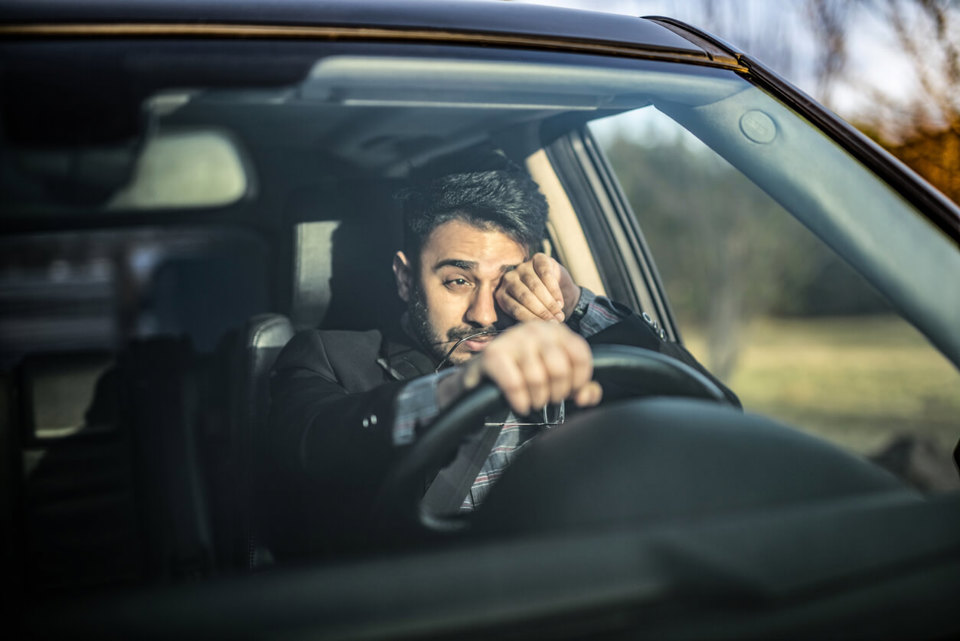One in ten UK drivers admit they have fallen asleep at the wheel of their vehicle and a further one in four said they had felt drowsy enough to fall asleep whilst driving, a survey suggests.
The survey from Allianz Your Cover also revealed that 83% of the population have at least one bad night’s sleep a week and worryingly, 43% admit they are getting less than the recommended seven to eight hours sleep a night.
The most common reasons people gave for the cause of their bad night’s sleep were:
• Being unable to switch off from the day’s events (36%)
• Worries about work (25%)
• Feeling Stressed (23%)
• Noise outside (19%)
• Being woken by children (17%)
Despite more than half of the people surveyed agreeing that a driver is a danger to themselves and to others if they continue driving whilst feeling drowsy, only one third of drivers said they would stop and take a break when they began to feel tired.
Rather than take a break, 56% of people said that they choose to open the windows and 32% will turn their music up to loud in order to wake themselves up.
The research also found that nearly one in five drivers either take no steps at all to ward off drowsiness or they simply drive faster to get home more quickly.
Jon Lott, head of direct, Allianz Your Cover, said "People push themselves on a daily basis to keep up with the demands of modern life, but it’s important that they are fit to drive at all times.
"On long journeys, taking regular and short breaks of at least 15 minutes, will improve concentration and the ability to react quickly which could prevent an accident occurring.
“Opening the windows or turning up the music may seem effective, but they are only a very short-term solution."
Other survey findings revealed that:
A shocking 15% of 18-24 year olds admitted that they have had an accident as a result of being very tired or drowsy behind the wheel compared to 2% of 45-54 year olds.
Londoners are more likely to fall asleep behind the wheel with 9% admitting they have done so in the past, compared to 1% in the South West region.
People who work in transport and distribution are the most likely to experience feeling drowsy behind the wheel (32%) compared to 10% of people who work in voluntary sector.
Lott added: "Worryingly, people seem more concerned with getting to where they need to be as quickly as possible and ignoring the dangers tiredness brings.
“Drivers are in control of a potentially lethal weapon and they must do all they can to avoid having an accident."
Dr Irshaad Ebrahim, medical director at The London Sleep Centre, said: "This research has highlighted a widely under-recognised cause of road fatalities, and the links between the stressful 24/7 lifestyle that we have become accustomed to and driver fatigue.
“The demands placed on time, both occupational and social, seem to have led to an increase in sleep disorders, which in turn leads to excessive sleepiness with potentially fatal consequences.
"Of further importance is the impact of underlying and undiagnosed sleep disorders. Whilst self-induced sleep deprivation may account for the majority of sleepy drivers in the younger age groups, we are seeing a rise in Obstructive Sleep Apnoea (OSA) and other medical causes of a disrupted night-time which can cause driver sleepiness.
“Excessive sleepiness due to OSA may be responsible for up to 30% of sleepy driver accidents and fatalities. It is vital for people to seek advice from a sleep expert if they are suffering from such conditions."

















Login to comment
Comments
No comments have been made yet.